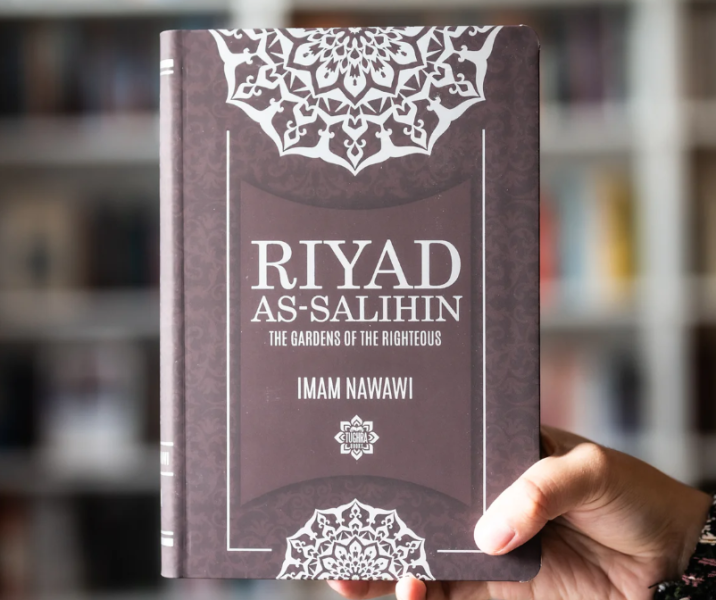Al-Hadith refers to the recorded sayings and actions of the Prophet Muhammad (peace be upon him), serving as a critical source of guidance for Muslims alongside the Quran. Hadith provides context for Islamic teachings, covering various aspects of daily life, ethics, and spirituality.
1. Morning Routine and Prayer
Muslims start their day with the Fajr prayer, reflecting a strong emphasis on the morning as a time for spiritual awakening. Al-Hadith encourages the remembrance of Allah in the early hours, highlighting the benefits of starting the day with prayer:
Hadith Example: The Prophet said, "The two Rak'ahs before the Fajr prayer are better than the world and what it contains." (Sahih Muslim)
2. Work and Conduct
Islam encourages Muslims to engage in productive work and maintain integrity in their dealings. Al-Hadith emphasizes the importance of honesty and hard work:
Hadith Example: “The most beloved of people to Allah are those who are most beneficial to people.” (Sahih Al-Jami)
Muslims are reminded to seek knowledge and excel in their professions while treating colleagues and clients with fairness.
3. Family and Social Life
Guidance from Al-Hadith stresses the importance of family and social responsibilities. Muslims are encouraged to maintain good relations with relatives, treat family members with kindness, and fulfill their duties:
Hadith Example: “He who wishes to enter Paradise through its best gate must please his parents.” (Sunan Ibn Majah)
4. Charity and Helping Others
Acts of charity (Sadaqah) are highly encouraged in Islam. Al-Hadith emphasizes generosity and caring for those in need:
Hadith Example: “Charity does not decrease wealth.” (Sahih Muslim)
Daily acts of kindness, whether through financial support, volunteering, or simply offering a helping hand, are viewed as fulfilling religious obligations.
5. Prayer (Salat)
Performing the five daily prayers is fundamental in a Muslim's life. Al-Hadith provides detailed guidance on the importance of regular prayers and their benefits:
Hadith Example: “The first thing for which a servant will be brought to account on the Day of Resurrection will be his prayer.” (Sunan Ibn Majah)
These prayers act as a constant reminder of faith and a means of spiritual connection throughout the day.
6. Personal Conduct and Ethics
Al-Hadith offers guidance on personal conduct, including honesty, humility, and patience. Muslims strive to embody these traits in their interactions:
Hadith Example: “The best of people are those who are best in conduct.” (Sahih Al-Bukhari)
7. Evening Reflection and Worship
Muslims often engage in evening prayers (Maghrib and Isha) and reflections at the end of the day. Al-Hadith encourages making supplications (Dua) for personal needs and seeking forgiveness:
Hadith Example: “The supplication made between the Adhan and Iqamah is not rejected.” (Sunan Abu Dawood)
8. Community Engagement
Al-Hadith promotes the importance of community and collective worship. Participation in communal prayers, especially on Fridays (Jumu'ah), is a vital aspect of Islamic life:
Hadith Example: “Gather for the remembrance of Allah, for indeed the angels surround them.” (Sahih Muslim)
Conclusion
The teachings of Al-Hadith deeply influence the daily lives of Muslims, providing a framework for spirituality, ethical conduct, family relations, and community involvement. By adhering to these principles, Muslims aim to live in accordance with the teachings of Islam, fostering a balanced and fulfilling life.










